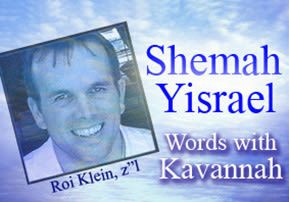
Shemah Yisrael
But if there is one thing that will stay with me, it was how I felt when I first heard "radioman" tell us about Roi Klein's devotion to HaShem, when he used...

But if there is one thing that will stay with me, it was how I felt when I first heard "radioman" tell us about Roi Klein – about his heroism in saving his brothers, and about his devotion to HaShem, when he used his last breaths to say – with kavannah – "Shema Yisrael Ado-nai Elo-heinu Ado-nai echad!"
So how's your kavannah (focused intention) when you recite the Shema prayer?
I thought I had the right mindset when reciting Shema. But everything changed this month.
Three Baltimore friends, myself and Yehuda Poch from OneFamily visited the home of Roi Klein's parents. Roi Klein (z'l) was the 31-year-old commander of the unit ambushed in Bint Jbeil. There were about 20 people inside the house, including Roi's mom, dad, sister and wife. He also had two little kids, but they weren't there.
We listened to Roi's mom talk about how special he was.
Apparently, Roi was so special, that when the grenade landed near his unit, Roi jumped on it and saved the rest of the unit as a result.
We asked his mom about this story and she said she's not sure it really happened. But it didn't even matter. She didn't need dramatic stories to convince her of how great he was.
After we said the traditional "HaMakom yinachem" ("May Heaven comfort you"), we left the house, heading up north.
Yes, mom and dad, I went up north. To Rambam Hospital. There were 11 soldiers recovering from injuries sustained in attacks. We visited seven.
WARNING: Graphic Content
The first was a Russian-born soldier who'd been shot in the face and the leg. Both times, the bullet entered and exited, and he showed us the result: messed up face, no hearing in one ear, mouth wired shut. He even lifted his gown to show us his leg. But he had an intensity in his eyes that made it clear he's ready to get back to the front when they send him.
Next, we entered the room of two soldiers, one was a Sefardi boy who looked about 12 years old. His leg was badly wounded and his eye was swollen and bloodshot. He was Roi Klein's radioman. We asked him if Klein had really fallen on the grenade to save them. Yes, he said. And he told us more.
He said Klein lived an additional two minutes, long enough to tell the rest of the unit to save themselves, and long enough for –
"Shema Yisrael Ado-nai Elo-heinu Ado-nai echad!"
The radioman said he'd never heard Shema recited with such intensity.
Yes, it really happened.
But this 12-year-old-looking soldier is special in his own right. When he got to the hospital, with the wounds still fresh, he said he wanted to be the one to call his parents. They couldn't handle being told by a stranger. His father smiled next to his bed as his son spoke to us.
Next to the radioman was another soldier whose entire face was scarred from shrapnel injuries. We didn't hear his story. His mom said she didn't want him to keep having to tell it.
From there, we wanted to visit another commander who had – get this – dragged a dead soldier out of harm's way in the Maroun A-Ras battle to ensure that Hizbullah wouldn't capture him. He succeeded in dragging the soldier to "safety," but received the reward of going to Bint Jbeil four days later. In Bint Jbeil, he suffered a major wound to his jaw. Unfortunately, we couldn't visit him then.
Why?
The parents of the dead soldier he had dragged away had just gotten up from the shiv'a mourning period and they wanted to thank him personally for "saving" their son.
It was time for the afternoon prayer, mincha. We went to the hospital's synagogue. Our prayer leader was radioman's dad. I don't have to describe the level of intensity with which we prayed mincha.
We then visited four more soldiers (including the one who had "rescued" the dead soldier), all with wounds of varying degrees, but all ready to get back out to the front.
We left the hospital and began the long drive south to Kiryat Gat, where we visited the family of Shimon Agada (z'l), an Ethiopian-born soldier who was killed. They treated us like royalty, offering us food and drink repeatedly during the visit. We spent a half hour there, speaking with the father and brothers – while noticing the mother sitting on the floor, motionless.
Our next stop was Rishon Lezion, where we visited two families. First, we visited the mother and brother of Shlomi Yirmiyahu (z'l), one of three soldiers killed when the first tank that entered Lebanon ran over a landmine and was blown up. Shiv'a had been completed, so we were able to speak openly with this family. The mom was an incredible woman, with such strength.
When we entered the house, her other son was eating french fry-shaped potato chips with ketchup. I pretended to take one. He smiled. So did I. Then, while my smile continued, the smile on my inside left me when I noticed the IDF social worker sitting next to him. We spent about 20 minutes listening to Shlomi's mom tell us how amazing a boy he was. We believed her.
On our way out, I pulled her aside and asked, "How is your other son?"
"Shlomi was like his father," she said. Yes, Shlomi's brother has a challenge ahead of him. Hopefully, he will someday be more than 'Shlomi's little brother.'
The second stop in Rishon was with a Russian family whose son Alex Schwartzman (z'l) was killed in Maroun A-Ras. Sitting shiv'a were Alex's mother and sister. His fiancיe was also there, more devastated than the other two combined. Imagine you found your soul-mate; and then, he's gone. And you don't even sit shiv'a. All you get is an empty feeling and a question mark for the rest of your life.
"We were going to visit New York together," she said. "Now I will go alone."
There was one more stop.
Ever heard of Gilad Shalit?
Well, there were four soldiers in that tank – two were killed, one is Gilad, and the third, Roi Amitai, is the one who met us by our van when we drove up to his apartment. We went inside and heard his story.
The night Gilad was taken, a rocket-propelled grenade was launched at the tank. Immediately, two soldiers left the tank to investigate. They were killed on the spot. Then, Gilad went out and was taken. As the terrorists were leaving, they lobbed three grenades into the tank, where Roi sat alone.
Somehow, he survived. Still, he's messed up. He said his biggest problem right now is the neurological issues. And while he's recovering, he will never be the same. But the kid is a walking miracle.
So, there you have it. One very full, intense day. But if there is one thing that will stay with me, it was how I felt when I first heard "radioman" tell us about Roi Klein – about his heroism in saving his brothers by sacrificing himself, about his leadership in telling them to go on without him, and about his devotion to HaShem, when he used his last breaths to say – with kavannah – "Shema Yisrael Ado-nai Elo-heinu Ado-nai echad!"
How's your kavannah when you say Shema? I realized that I have very little.
(An oleh in late 2004 (from Baltimore, Maryland), Go´el Jasper lives with his wife and six children in Kochav Yaakov, Israel. He is host of the Aliyah Revolution radio show on and works in the public relations sector in Jerusalem.)


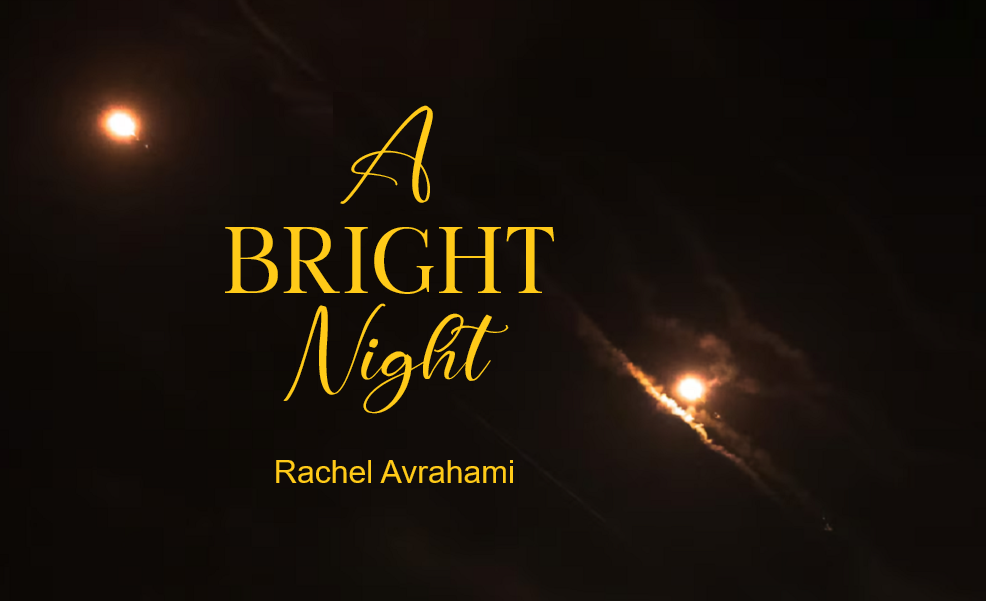
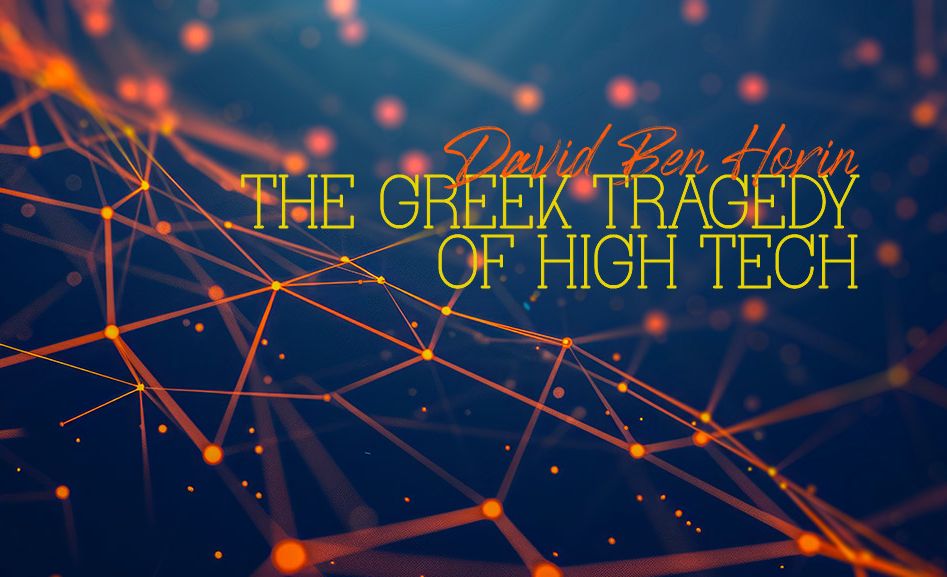
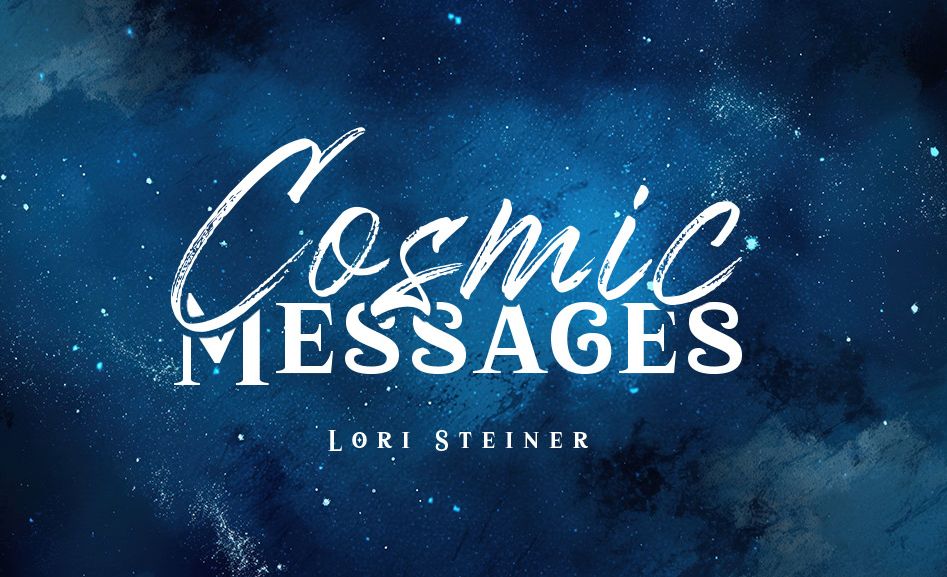

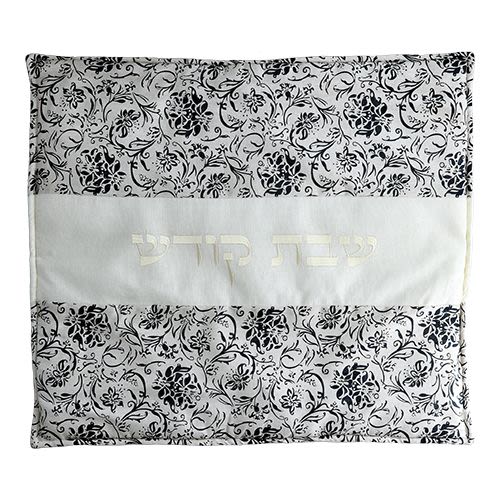
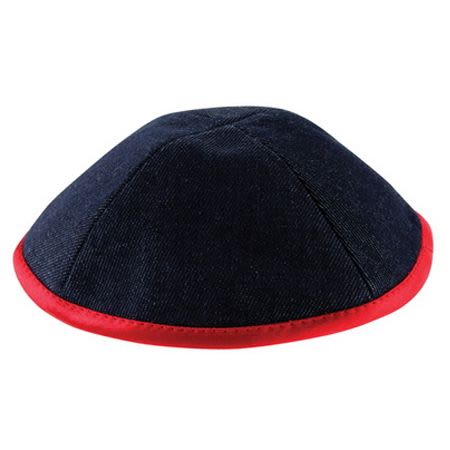
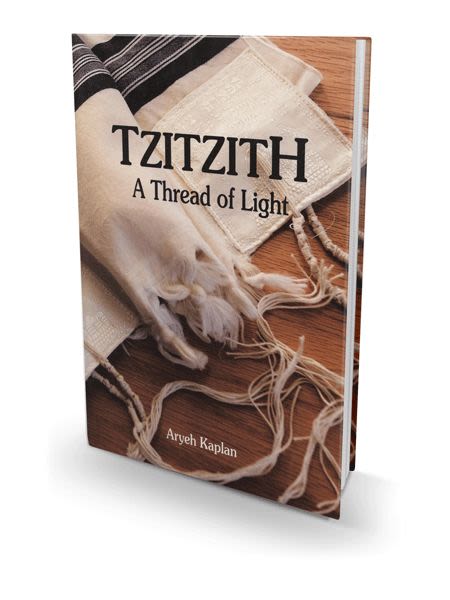
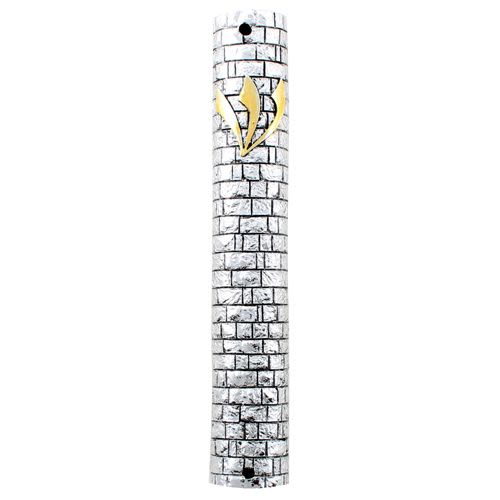
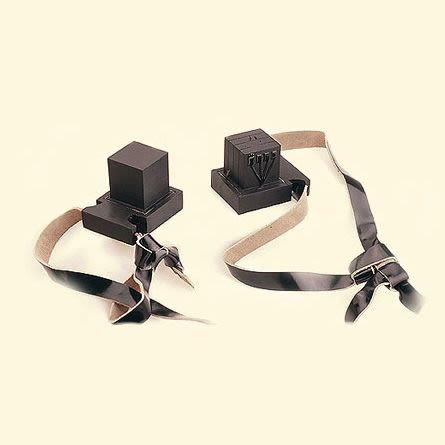
Tell us what you think!
Thank you for your comment!
It will be published after approval by the Editor.